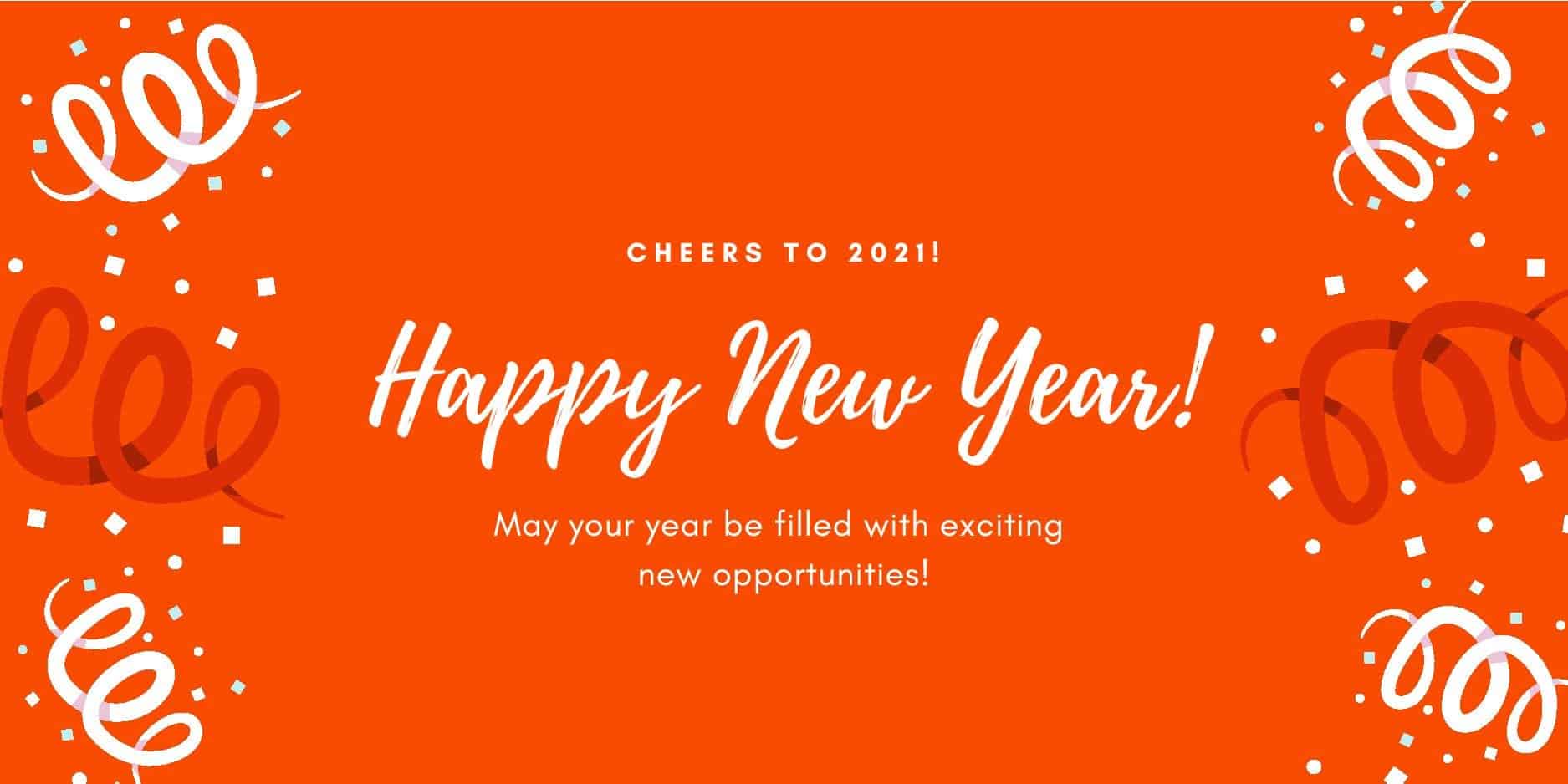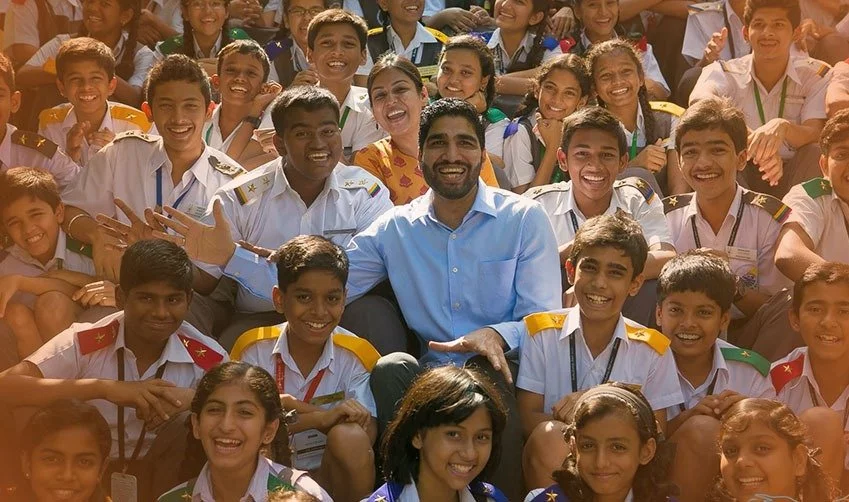What would our students say in 2030 about their schooling?
.png)
Give Your School The Lead Advantage
Ritika Chopra, in a brilliant piece in Indian Express, tracked India’s toppers 20 years post their board exam to understand trends and reflections from those students. Listening to these students brought out what we have all suspected – schools prepare students for board exams but not necessarily for the exam of life.
This left me wondering: What do we want the current half a million students in LEAD powered schools to say when they reflect on their schooling in 2030? And for the next 10 million students who’ll be studying in a LEAD powered school, what would school be like?
The challenges of schooling boil down to the WHAT and HOW – the curriculum and pedagogy.
On curriculum, most schools have been content to follow NCERT, SCERT and other board mandated syllabi. However, we should consider these as the base minimum and aspire to provide an education to our students that go beyond the syllabus. We have to expand the definition of core subjects from Math, Science, Social Science and Languages to include Coding & Computational Skills, Design Thinking, Financial Literacy and Self-Leadership. We need to embed skill development on Collaboration, Communication, Critical Thinking and Creative Thinking in our timetables and annual calendars. And lastly, all schools should have counselling support for students in Middle School. This kind of curriculum overhaul will ensure that students are getting an education that prepares them for life. Some of this overlaps with NEP but my point is that no school needs to wait for a NEP to implement curriculum innovations beyond what the board mandates.
On pedagogy, we need to end the rule of the textbook. It is the enemy of learning for life because it promotes rote learning and puts an inordinate focus on answering the book-back questions. We need to connect learning to life, we need to make new learning connect to previous learning, and we need to contextualise learning. We need to provide students opportunities to practice and demonstrate their skill. This is best done through learning paths that are multi-modal and that cater to the different learning approaches of different students. The textbook is but one minor reference resource in this approach. It is not the be-all and end-all of learning. Schools also need to make a definite departure from the linear model in which most schools run: Teach-Test-Report. We need to move to spiral learning – Teach-Test-Remediate-Progress. Spiral learning prevents the compounding of learning gaps. It is critical for students to build new learning on a strong foundation of robust previous learning. Again, schools don’t need to wait for NEP or for board mandates to implement this Life pedagogy in their schools.
The above principles on curriculum and pedagogy are embedded in the LEAD Integrated System. Our aim is to develop students who are capable adults, responsible citizens and good human beings. These are people who can LEARN well, THINK deep, DO good and BE leaders. In 2030, our students will look back at their school with gratitude that it not only prepared them for Board exams, but also prepared them for success in the exam of life!
LEAD is transforming schools by making children future-ready. To make yours a LEAD powered school: Partner with us today

-page-002.jpg)

